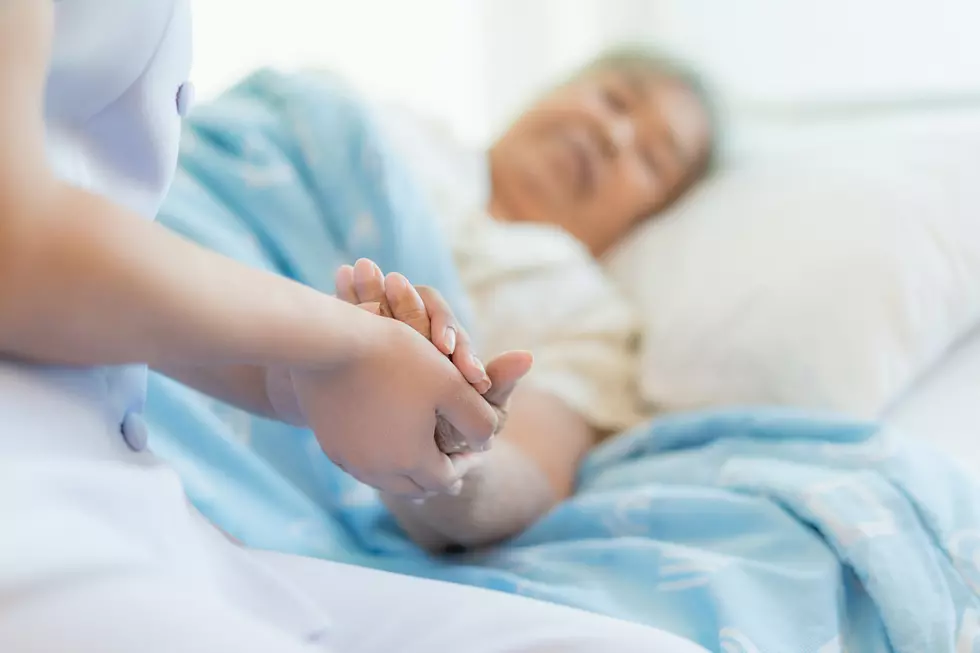
Assisted suicide debate continues in Trenton
A push to legalize assisted suicide continues in New Jersey.
Advocates of New Jersey's "Aid in Dying for the Terminally Ill Act" descended on the Statehouse Thursday to urge lawmakers to pass the bill and send it to Gov. Chris Christie.
The topic has gained a lot of attention recently due to Brittany Maynard, a 29-year-old terminal cancer patient, who made international news with her YouTube video announcement that she will take her own life on Nov. 1. Brittany moved to Oregon where doctor-assisted suicide is legal.
"I have a friend who is terminally ill and in a huge amount of pain," said Kimberly Andersen, who was on hand in Trenton to advocate for the bill. "She is aware of the aid in dying act and she actually supports it and she has told me that if it were legal in New Jersey that she would consider that as an option."
The bill would require terminally ill patients with six months to live or less to verbally ask for a prescription from their doctor. That would be followed by a second verbal request at least 15 days later and one written request signed by two witnesses. The doctor would have to offer the patient a chance to change their mind. Another doctor would have to to certify the original diagnosis and reaffirm the patient is of sound mind. The patient would have to self-administer the drugs.
Assisted suicide is legal in five states. The New Jersey bill sponsored by Assemblyman John Burzichelli (D-Thorofare) is modeled after the Oregon law. The legislation was approved by the Assembly Health and Senior Citizens Committee in June, but has stalled since then.
"As far as I'm concerned it's the equivalent of someone choosing not to have chemo if they have cancer. That's a choice that will certainly lead to a more rapid death, but it's their choice and so I think this should be a choice as well," Andersen explained.
The original version of the legislation was called the "Death with Dignity Act," but Burzichelli explained the way someone dies would be dignified if his bill became law, whether that person chooses to take their own life or decides to continue living under a doctor's care until they pass away.
Opponents made strong cases against the bill during the June hearing. Dawn Parkot was misdiagnosed at birth. She had a brain defect that led doctors to tell her parents that she was going to be, "nothing but a mindless vegetable." Ultimately she was diagnosed with Cerebral Palsy and went on to get a master's from the University of Notre Dame.
"Often patients are misdiagnosed and could make an irreversible decision to die based on the wrong information," Parkot said in June. "Who can confirm that the assisted suicide choice was freely made when the only witness is dead?"
A poll released on July 28 by Fairleigh Dickinson University's PublicMind, showed 51 of New Jerseyans think policymakers should support the legislation that gives someone with fewer than six months to live the option to end his or her own life with the help of a doctor. Thirty-eight percent opposed the legislation.
More From New Jersey 101.5 FM









